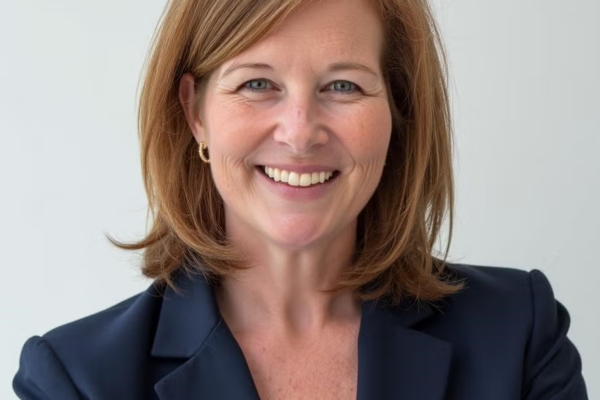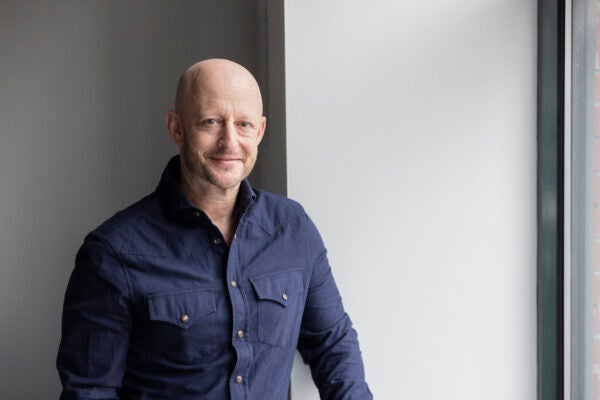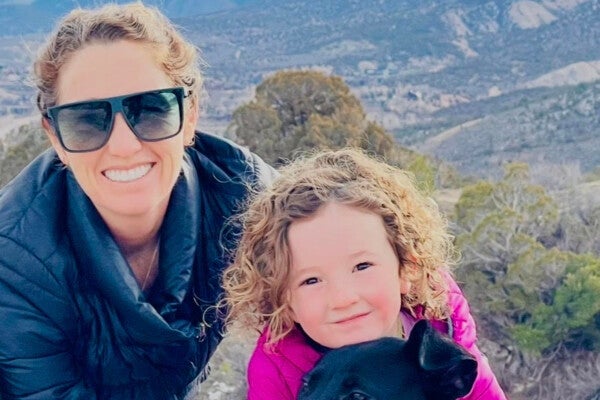Sold on the Future
Serial entrepreneur Matt Chasen, MBA ’04, chases ‘flying cars’ with his startup, LIFT Aircraft
As a lifelong fan of science fiction and space-age travel, Matt Chasen is using his engineering and business degrees to solve everyday transportation problems here on Earth.
Chasen founded the online shipping marketplace uShip as a McCombs MBA student. He later started a city-to-city rideshare platform called Hitch, and four years ago launched his most ambitious endeavor, LIFT Aircraft, which promises autonomous personal flight. LIFT’s HEXA aircraft is an all-electric single-passenger ultralight “multicopter” that takes off vertically and looks like a small helicopter with 18 smaller propellers. He hopes it will revolutionize commuting and short-distance travel, up to 15 miles, and envisions creating “vertiports” during the next five years in 25 locations around the world, offering short rides as entertainment.
As Texas McCombs looks back at a century of innovation, we close this issue with Chasen’s forward-looking approach to business.
How did you see the business opportunity in personal flight?
For ultralights, you don’t need a pilot’s license to fly. There’s this wonderful opportunity to let people experience flying who aren’t interested in spending the time, resources, and developing the skills needed to fly a traditional aircraft. It lined up with this new technology of drone flight controls and electric multirotors where you don’t need those skills. The computer is flying. You’re telling it where to go, and there’s a regulatory path to enable this whole new world of aviation for the everyday person.
How did McCombs help you launch uShip?
The entrepreneurship curriculum at McCombs is outstanding. I took New Venture Creation taught by Professor Gary King and literally wrote the business plan for uShip as part of this class.
What inspired you here?
Texas does a great job bringing in inspirational speakers, company founders, and successful alumni. Bill Gurley, a partner at venture capital firm Benchmark, spoke to the venture fellows of which I was a member. I walked him to his car and gave him the uShip pitch, and ultimately one of the other Benchmark partners wound up doing our Series A.
What do students need to prepare for a future of technological innovation?
You can literally come out of business school and create a company that topples the whole industry because you approach the problem differently. Certainly, any McCombs student can do it because they’re already selected to be super bright and ambitious leaders just to get into the program. All they need is the confidence, the insight, and the belief that they can do it.
How have you decided which ideas to pursue?
If it’s the right idea, it’s inescapable. It possesses you in a way that you can’t not do it. You’ve got to understand that in all likelihood you’re not going to be successful, and so there’s a combination of stubbornness and commitment to an idea in the face of overwhelming odds.
What makes you a good entrepreneur?
What I’m best at is figuring out how to go from 0 to 1. A lot of people think they can go from 0 to 10 all at once, and it’s enormously difficult. I’m good at figuring out whether it’s a regulatory approach, a product approach, or a go-to-market strategy that has a high probability of success.
Do entrepreneurs need a sci-fi future vision?
I’ll tie it back to a quote I remember Herb Kelleher, the founder of Southwest, say in a McCombs talk: “You’ve got to have that big vision, but you’ve got to act small.” The most important thing is to take that first step. Prove that you’ve got a product people want, that you’re solving a problem, and investors will invest. A major part of the role of entrepreneurs is selling people on the future.
— Todd Savage
About this Post
Share:


